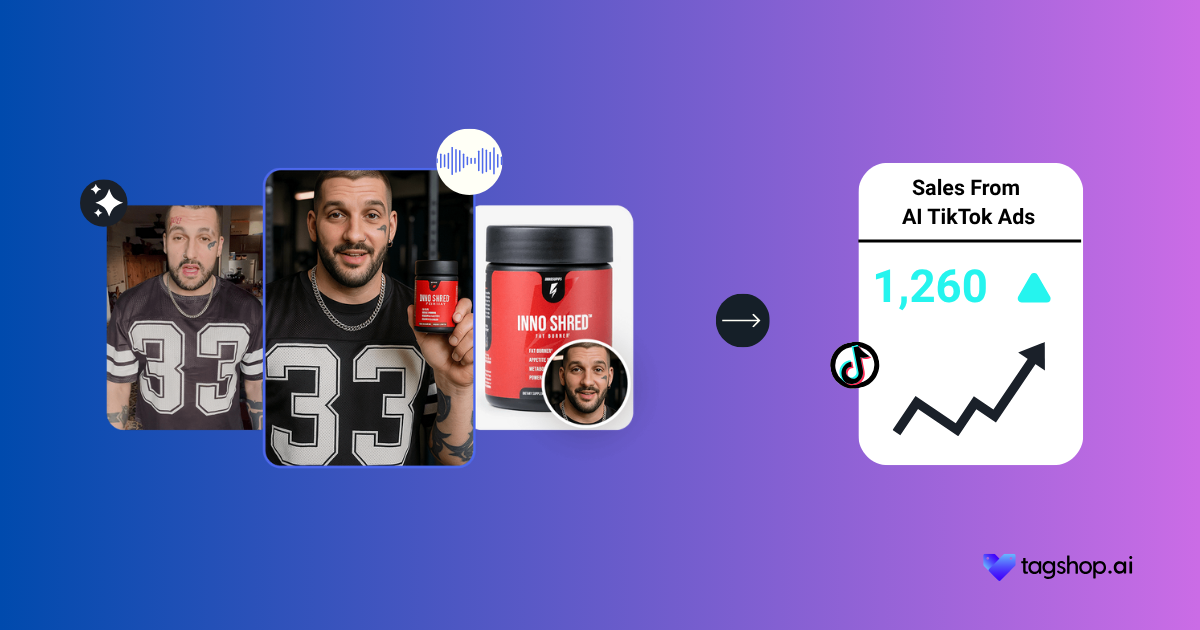Top 12 AI Script Generators in 2025
Writing a script can be a time-consuming task, just ask Aaron Sorkin, who famously spends months writing one. For business owners, that kind of time investment just isn’t realistic. Fortunately, AI has changed the game. With AI script writer, you no longer need to spend days or even hours on a script. These tools can...












